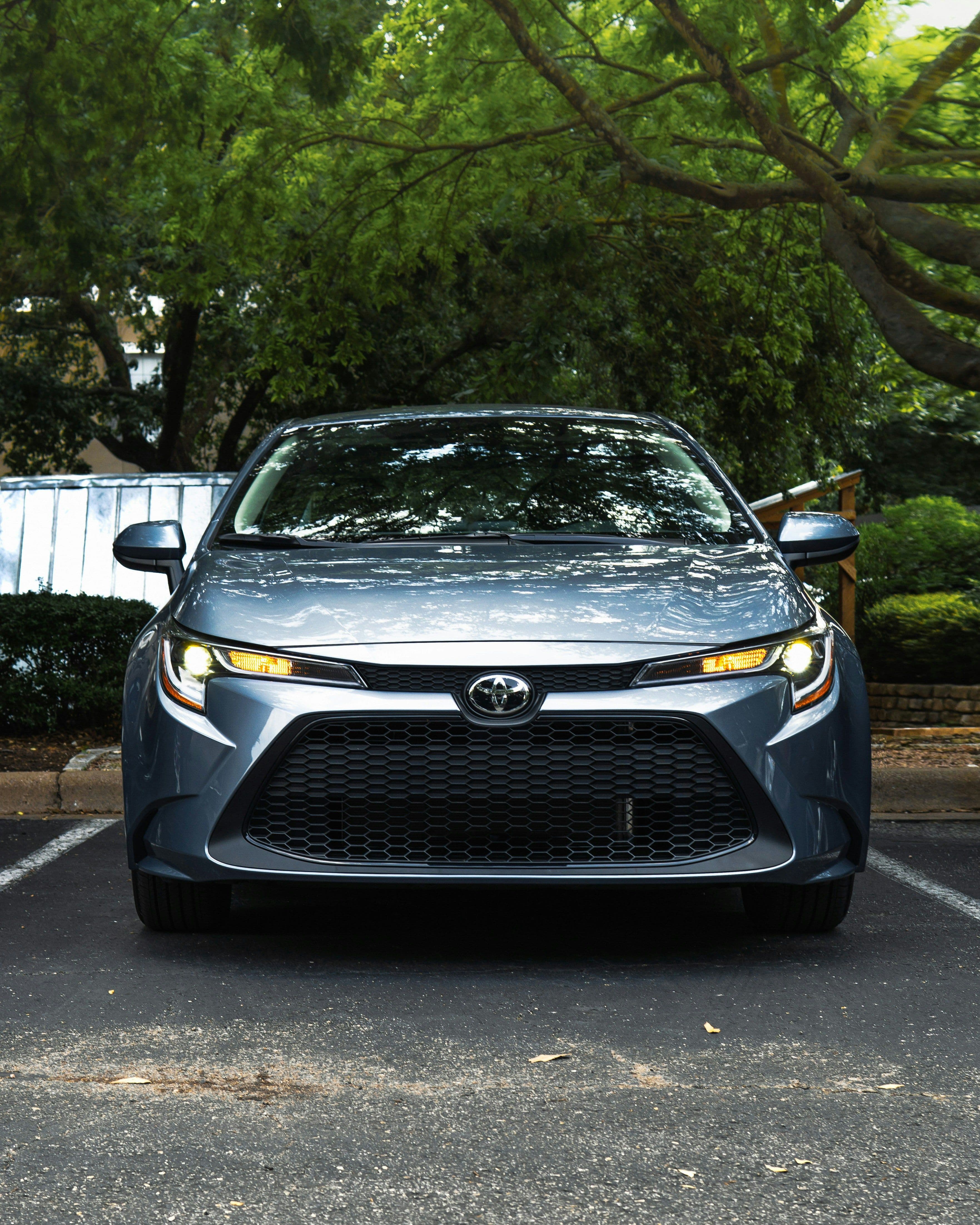Fixing 10 Common Toyota Corolla Issues
The Toyota Corolla is renowned for its reliability and longevity. However, like any vehicle, it can encounter problems. Here, we'll explore the 10 most common issues faced by Toyota Corolla owners and provide practical solutions to get your car back on the road.
1. Excessive Oil Consumption
Problem:
Some Corolla models, especially those from 2009-2013, are known for consuming oil excessively.
Solution:
Regularly check your oil level and top it off as needed. If the problem persists, consider replacing the piston rings, which is a more permanent fix but can be costly.
2. Faulty Oxygen Sensors
Problem:
A faulty oxygen sensor can lead to poor fuel economy and performance.
Solution:
Replace the faulty sensor. Oxygen sensors are relatively affordable and easy to replace, making this a straightforward fix.
3. Failing Water Pump
Problem:
A failing water pump can cause the engine to overheat, leading to more severe issues.
Solution:
Replace the water pump. It's advisable to address this issue promptly to avoid engine damage.
4. Transmission Issues
Problem:
Some Corolla models, particularly the 2003-2008 versions, have reported transmission failures or rough shifting.
Solution:
For automatic transmissions, a fluid flush or filter replacement can sometimes resolve the issue. In severe cases, a transmission rebuild or replacement may be necessary.
5. Starter Motor Failure
Problem:
Difficulty starting the vehicle can often be traced back to a failing starter motor.
Solution:
Replacing the starter motor is the best course of action. This is a more involved repair but crucial for vehicle operation.
6. Brake Problems
Problem:
Worn brake pads, rotors, or issues with the brake system can lead to decreased stopping power.
Solution:
Regular inspection and replacement of brake pads and rotors are essential. If the brake system is compromised, professional diagnosis and repair are necessary.
7. Electrical Issues
Problem:
Electrical problems, including malfunctioning power windows and locks, can occur.
Solution:
Check the fuses first, as this is a common and easy-to-fix issue. For more complex electrical problems, consulting a professional is recommended.
8. Steering Column Noises
Problem:
Some drivers report a clunking noise in the steering column, particularly in models from the late 2000s.
Solution:
This often requires replacing the intermediate steering shaft. While not a safety issue, it can be annoying and is worth fixing for peace of mind.
9. Catalytic Converter Failure
Problem:
A failing catalytic converter can lead to reduced engine performance and increased emissions.
Solution:
Replacement is the only solution. This can be expensive but is necessary for the vehicle to meet emission standards.
10. Airbag Recall
Problem:
Several Corolla models have been subject to airbag recalls due to potential safety issues.
Solution:
Check if your vehicle is affected by a recall at the National Highway Traffic Safety Administration (NHTSA) website and follow the recommended actions, which usually involve a free repair at a dealership.
Conclusion
While the Toyota Corolla is a dependable car, it's not immune to issues. Regular maintenance and addressing problems promptly can help ensure your Corolla remains reliable for years to come. If you're unsure about a repair, always consult a professional to avoid further damage to your vehicle.
